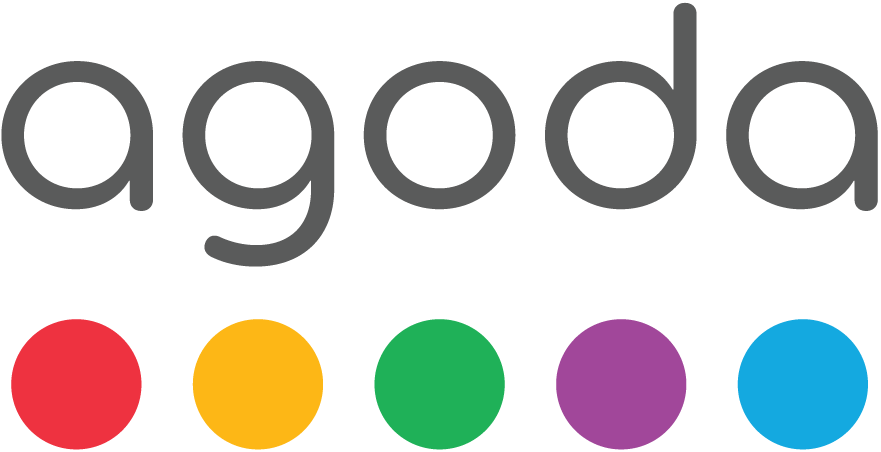In this opinion piece Zsuzsanna Janos, director of Oceania for Agoda, says the travel industry is facing a time of huge change – and needs to be prepared.
The travel and hospitality industry has been affected more than any other by the pandemic – and needs to prepare for a radically altered travel landscape.
Many of the changes of the last year will become standard practice and new systems will be developed.
That's when technology and a truly collaborative approach will be key. Industry members will need to work with governments, experts and other sectors to share insights, develop technology and find effective ways to work in the new normal.
Data will be key. Keeping track of the evolving lifting of restrictions and responding effectively will require a data-driven approach for many businesses, especially the travel sector.

Digital travel platforms like Agoda can develop new, and deploy existing, technology and data to help industry partners streamline their responses. For travellers, this could mean easy access to vital information about hotel hygiene, restrictions and certifications. Technology could help travellers share information – like testing data or vaccine records – with airlines and hotels before departure.
For industry members – hoteliers, airlines, excursion or activity providers – innovative tech products based on strong data could help level peaks and troughs in demand by adjusting pricing and offers in response to changing rules or in response to travellers' changing needs.
Shorter stays, looking for accommodation as the destination itself with value-add experiences via the likes of Agoda Special Offers helps hoteliers to fill their rooms, plus drives traffic to under-utilised facilities such as dining venues, spas or on-site activities.
To keep up with rapid changes, the industry will need to invest in technology and innovation. Right now, that includes vaccine passport systems and contactless experiences but, as the pandemic response evolves, so will business needs.
Self-service portals, revenue planning systems that help hotels forecast and price bookings 6 or 12 months ahead, personalisation or e-commerce experiences to increase conversions – there are many ways technology could help the industry regain its footing.
The more the industry is prepared to embrace new technology solutions, the more agile and responsive it will be. This is an asset in a world that's in a state of flux – not just in terms of Covid, but in sustainability, climate crises and other major events.
It all seems a long way away at the moment – New Zealanders have had to endure an unexpected Level 4 lockdown, and it is difficult to imagine returning to pre-Covid life, particularly when it comes to travel.
As vaccination rates rise around the world, the industry is starting to see a light at the end of the pandemic tunnel, but resuming normality will not be a straightforward journey.
For the travel industry, among others, this makes innovation, collaboration and agility a must.
Over the past 20 months, industries have had to transition to navigate the restrictions imposed, be that moving to a 'Work from Home' norm, shifting to take-out-only dining, implementing track and trace of the public's movements, ramping up e-commerce presence or expanding contactless payments options.
For the airline industry, this meant cutting flights to a minimum and working with governments to coordinate flight times and entry access to quarantine facilities. Health measures like mandatory masking, temperature checks and negative test results quickly became standard operating procedures – requiring new equipment, tracking software and other process changes.

Accommodation providers faced different challenges. In New Zealand and elsewhere, travel restrictions meant severely reduced numbers in 2020 and 2021. At the other end of the spectrum, some hotels and motels were transformed into quarantine facilities, meaning a constant stream of visitors – and a rapid adoption of strict new safety policies and processes.
Vaccination programmes progress at different paces, but the industry has already seen some positive signs. Domestic travel has re-opened in many markets – with international travel opening up in Europe, safe travel corridors in Singapore, the US opening up to in-bound travellers.
There are still questions around completely opening borders, but most are expecting increased international travel to return in 2022.
Nobody is expecting the return to travel to be uneventful – but if the industry pools knowledge and resources, works together and uses technology to transform its services, we have a clear path forward.

